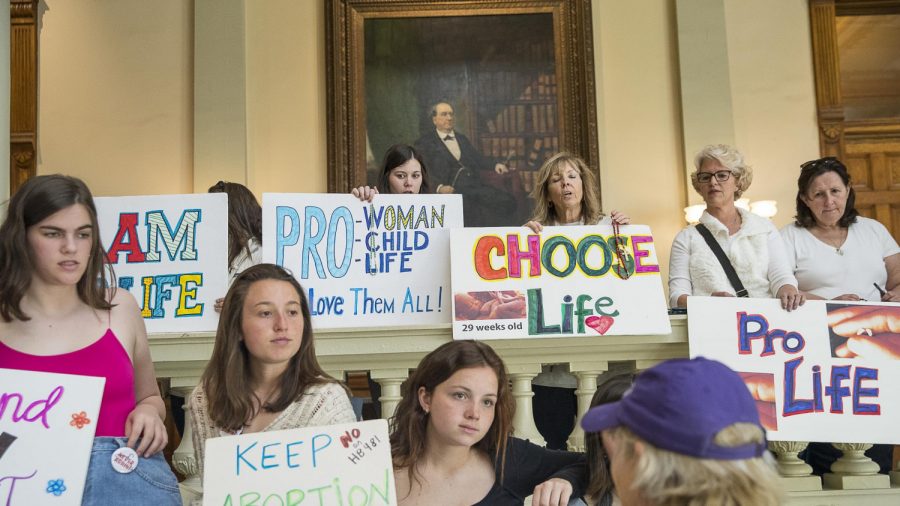ATLANTA—Watchful eyes now turn to Georgia’s Republican Gov. Brian Kemp, wondering when he might sign a “heartbeat” abortion ban that he supported and helped push through.
The Georgia House gave final approval Friday, March 29, to legislation outlawing abortions after a fetal heartbeat can be detected, sending the bill to Kemp. If enacted, it’d be among the strictest abortion bans in the U.S.
Signing the toughest abortion law in the country was a campaign pledge of Kemp’s during his run for governor last year.
“Georgia values life,” Kemp said in a statement Friday. “The legislature’s bold action reaffirms our priorities and who we are as a state.”
Georgia values life. We stand up for the innocent and speak for those who cannot speak for themselves. The legislature’s bold action reaffirms our priorities and who we are as a state. I thank these lawmakers for their leadership and applaud their undeniable courage. #gapol
— Brian Kemp (@BrianKempGA) March 29, 2019
The measure was approved by just one vote more than the majority needed to pass out of the House: 92 votes from the 180-member chamber.
Following the vote, a tense situation erupted when law enforcement confronted several Democratic lawmakers and protesters speaking against the bill in the halls of the Capitol, threatening to arrest people if a crowd didn’t disperse and stop chanting “shame”.
Georgia joins a string of other GOP-controlled states moving to enact strict abortion bans, with the ultimate goal of getting a case in front of the U.S. Supreme Court to challenge its 1973 Roe v. Wade ruling that legalized abortion nationwide.

The push comes amid rising optimism among conservatives that the restrictions might prevail in the reconfigured high court that includes President Donald Trump appointees Neil Gorsuch and Brett Kavanaugh.
Women in Georgia can currently seek an abortion during the first 20 weeks of pregnancy. A heartbeat can be detected in an embryo as early as six weeks before many women know they are pregnant.
The bill would make exceptions in the case of rape and incest—but only when the woman files a police report first—and to save the life of the mother. It also would allow for abortions when a fetus is determined not to be viable because of serious medical issues.
Our efforts to protect life do not end here. We must work to ease the adoption process, find loving homes for those in foster care, protect the aging & vulnerable. Together, we will ensure that all Georgians are safe & have the opportunity to live, grow, learn, & prosper. #gapol
— Brian Kemp (@BrianKempGA) March 29, 2019
Republican Rep. Ed Setzler, the bill’s author, said it was a “commonsense” measure that seeks to balance “the difficult circumstances women find themselves in with the basic right to life of a child.”
In Mississippi, Gov. Phil Bryant signed a heartbeat abortion ban on March 21, despite a federal judge’s ruling last year that struck down a less-restrictive law limiting abortions there.
Kentucky’s law was temporarily blocked by a federal judge shortly after Republican Gov. Matt Bevin signed it March 14, in response to a challenge by the ACLU.
A state judge found Iowa’s heartbeat abortion ban to be unconstitutional in January.
If signed and not blocked in court, the Georgia law would take effect Jan. 1, 2020.
By Ben Nadler


